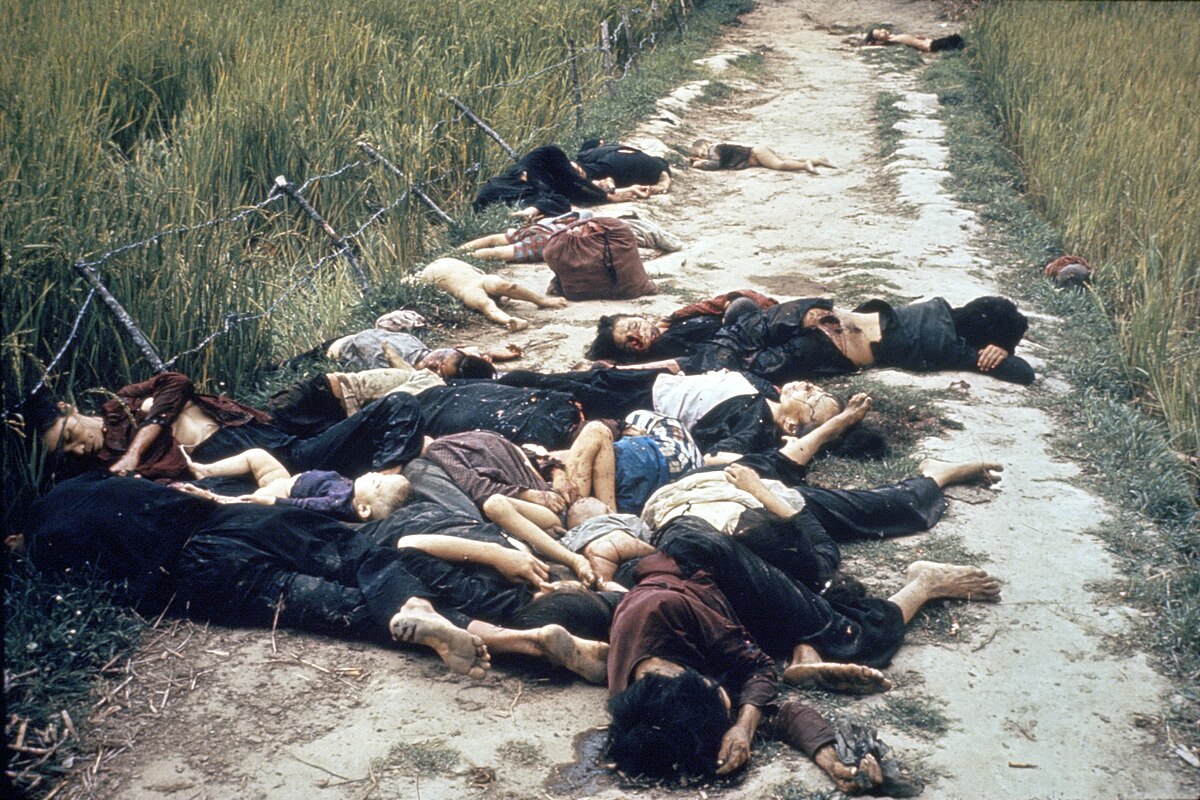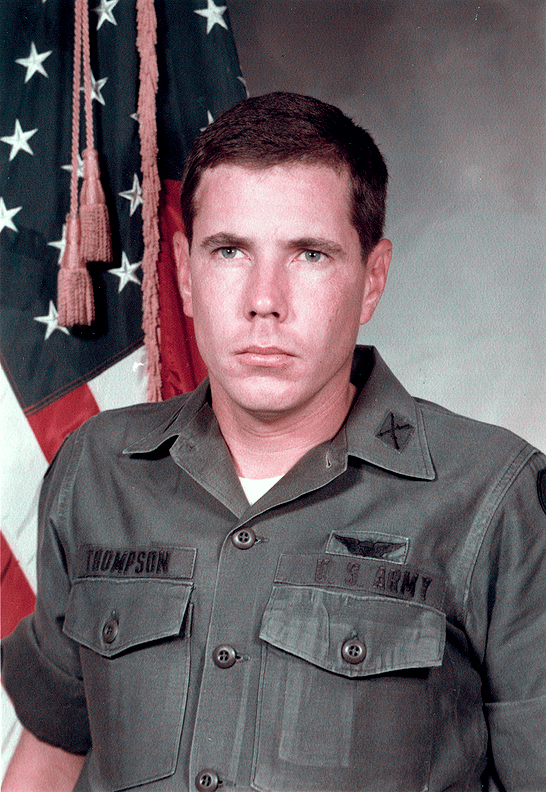To be fair, some of the criticism of Kerry was valid.
Essentially, he was trying to whitewash his time as an anti-war protestor, and the people who were offended by stuff he did had every right to do so.
If Kerry had been more upfront about his anti-war activities (seriously, is anyone arguing Vietnam was a good idea at this point) but also showed remorse for some of the hurt feelings, he would have gotten past it.
btw, I was no real fan of the man himself, until I met the men who were actually in the Swiftboat with him.
Wrong. There was an orchestrated campaign from the right to go after Kerry. I was volunteering with the Kerry campaign ((through his US Senate Office in Boston) and remember speaking a few times (briefly), with the Presidential Historian Douglas Brinkley. I was with the Veterans who worked with constituent services and more.
The people who were weird about Kerry were that drunken officer who changed his story and Nixon's old pal John O'Neil
Covering more than four decades, this is the first full-scale, definitive account of Kerry's Journey from war to peace. Brinkley has drawn on extensive interviews with virtually everyone who knew Kerry in Vietnam.

douglasbrinkley.com
Haldeman: This guy now [O’Neill], is gonna, he’s gonna move on Kerry. He’s gonna move around the country.
June 16, 1971: Oval Office meeting with John O’Neill
Nixon: I really feel that what you’re doing, you’ll take brickbats, you go on some of these TV shows like the Cavett thing, you’re gonna get banged, but – you’ll get terribly discouraged and say the whole country’s – and so forth. But I think ya gotta remember, uh, you have to remember, that uh, that uh, now {unintelligible] in Vietnam should be enough, that now you would have the [unint] to get back and reassure people that those few that come back – like Kerry and the rest – don’t speak for all.
[edit]
Nixon: That’s great. Give it to him, give it to him. And you can do it, because you have a pleasant manner, too, because you’ve got – and I think it’s a great service to the country.
excerpts
Throughout, Brinkley deftly deals with issues such as U.S. atrocities in Vietnam and the bombing of Cambodia. Using information from the newly released Nixon tapes, Brinkley reveals how White house aides Charles Colson and H.R. Haldeman tried to discredit Kerry. Refusing to be intimidated, Kerry ran for public office, eventually becoming a senator from Massachusetts. But he never forgot his fallen comrades returning to Vietnam numerous times to look for MIAs and POWs. When president Clinton officially recognized Vietnam in 1995, at long last Kerry’s thirty-year-long tour of duty ended.
Covering more than four decades, this is the first full-scale, definitive account of Kerry's Journey from war to peace. Brinkley has drawn on extensive interviews with virtually everyone who knew Kerry in Vietnam.

douglasbrinkley.com




